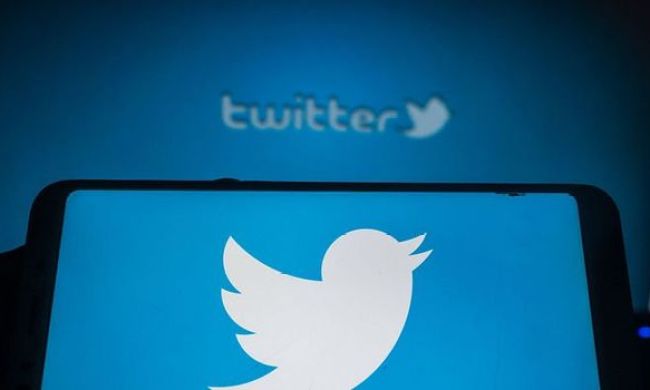If Facebook offered to pay you to temporarily shutter your account, would you take the money?
Such an offer could even be coming your way after it emerged the social networking giant is offering cash payments to some Facebook and Instagram users as part of a study to learn more about the effects of social media on democracy.
Acknowledging how “political debate has erupted online” since the advent of sites like Facebook, and the responsibility that this brings, the company said this week that it will undertake research aimed at learning more about how people interact with Facebook and Instagram during the upcoming presidential elections.
“To continue to amplify all that is good for democracy on social media, and mitigate against that which is not, we need more objective, dispassionate, empirically grounded research,” it said in a post on its website. “We need to better understand whether social media makes us more polarized as a society, or if it largely reflects the divisions that already exist; if it helps people to become better informed about politics, or less; or if it affects people’s attitudes towards government and democracy, including whether and how they vote.”
Facebook says it has partnered with 17 independent researchers to carry out the study, which will involve as many as 400,000 U.S. residents who agree to take part. The research will involve multiple research methods such as targeted changes to some participants’ experiences with Facebook and Instagram, and even a request to stop using the platforms for a specific period of time.
While Facebook makes no mention of payments, the Washington Post’s Elizabeth Dwoskin on Thursday tweeted a message from Facebook already received by some of the study’s participants asking how much they would need to be paid in order to deactivate their account for either one week or six weeks, starting this month. Three choices are offered: $10 a week, $20 a week, or $30 a week.
Facebook later confirmed the payment system in a tweet, saying, “Anyone who chooses to opt in — whether it’s completing surveys or deactivating FB or IG for a period of time — will be compensated. This is fairly standard for this type of academic research.”
Facebook said that while its study “won’t settle every debate about social media and democracy,” it believes the research will “advance society’s understanding of the intersection of technology and democracy [and] help us all to shape the rules of the road for the internet — for the benefit of our democracy, and society as a whole.”
The results of the study are expected to be published in mid-2021.
Facebook received much criticism following the 2016 presidential election, with research suggesting some 126 million Americans saw political ads paid for by Russian organizations intent on influencing voters.
Keen to do things right this time around, Facebook says it now has three times as many people working on safety and security issues — more than 35,000 in all — and has reduced fake news on its platform by more than 50%. It has also tightened the rules on political ads and recently launched a Voting Information Center offering a range of resources.
Despite the changes, the company continues to face many challenges when it comes to handling misinformation and other nefarious content on its platform, with the upcoming election certain to shine an even brighter spotlight on its activities.


